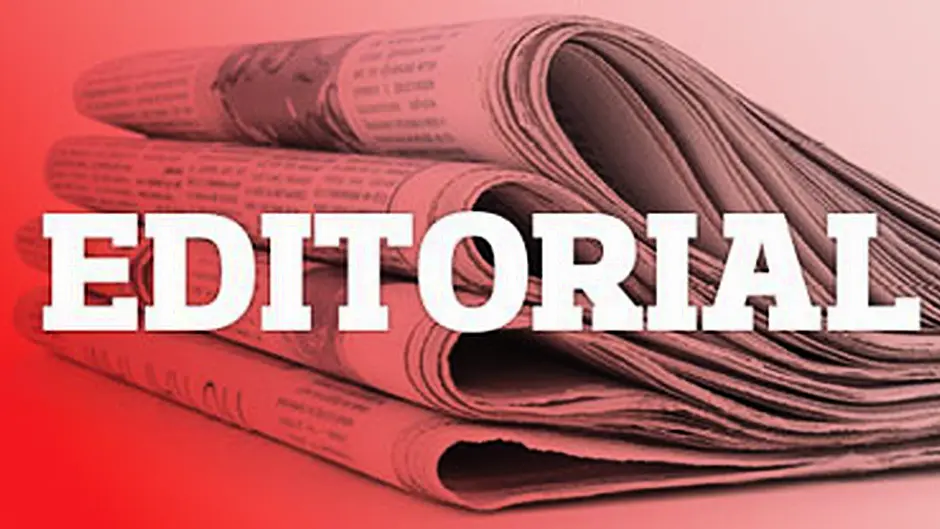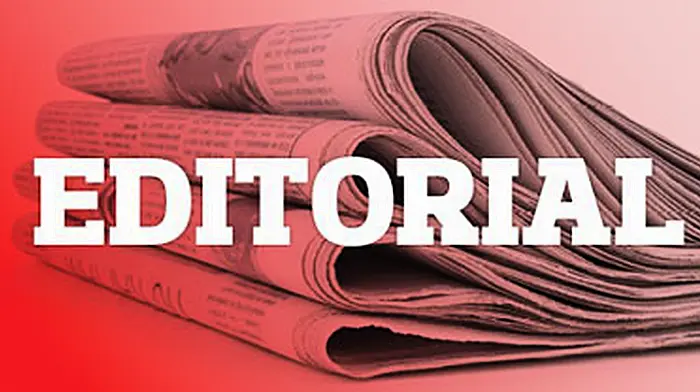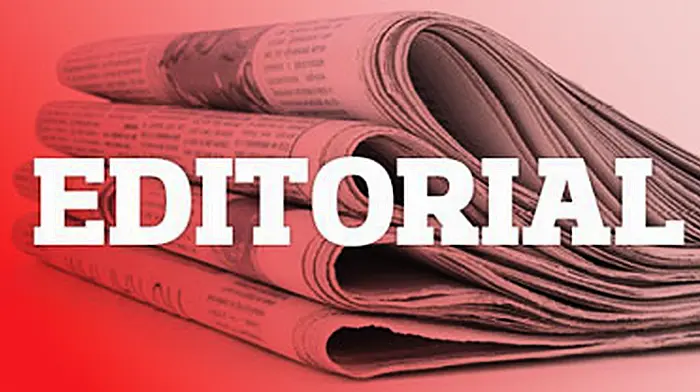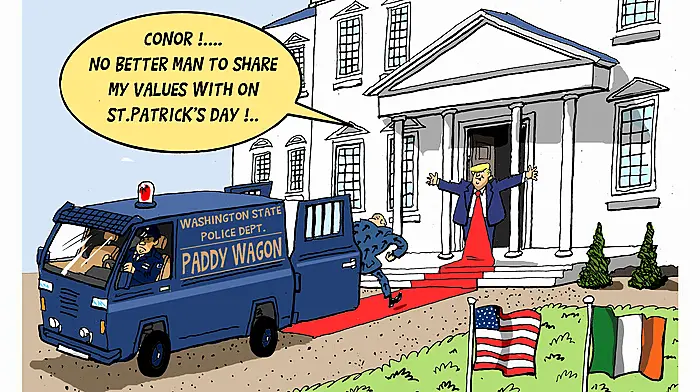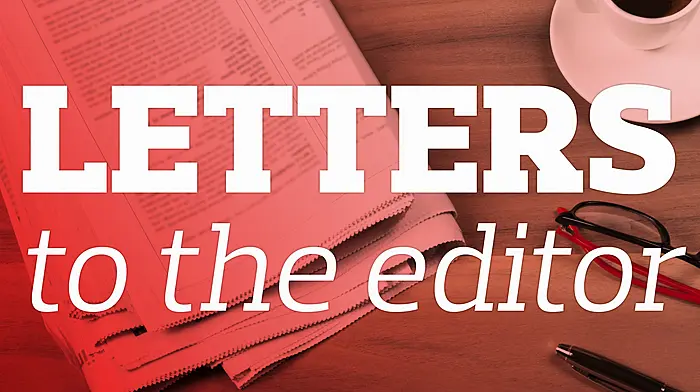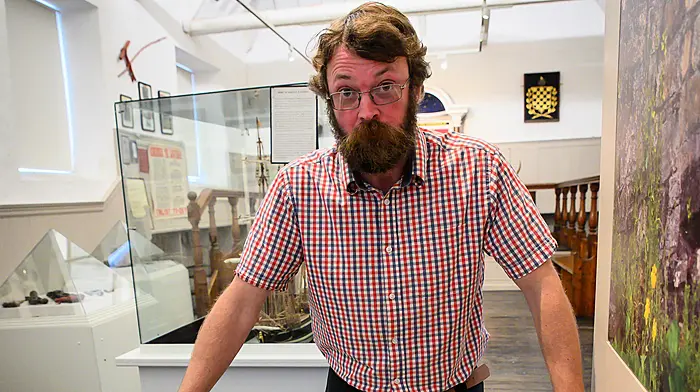THIS week the Economic and Social Research Institute (ESRI) launched its report into Irish nursing homes since the pandemic.
It was an impressive 94-page analysis of the health of this very vital health sector. And it was timely, too.
Recent months have seen a huge amount of nursing homes closing around the country – a number of these in Co Cork.
This paper has covered the huge trauma and upset caused to families when their loved one’s home is forced to close, or is sold on and the arrangements change.
It is a big decision for relatives and individuals when the move from the family home into a nursing home is made – or circumstances dictate that it must be made.
Ensuring the new ‘home’ is safe and secure is to the forefront of the minds off all those involved. And stability is a huge element of this security.
To ask an elderly person to relocate, often at short notice, to a new home which is unfamiliar to them, and away from the friends they have made, can be a hugely traumatic experience.
The future of elderly care needs to be to the forefront of government policy, as Ireland’s ageing population is on a very steep trajectory for the coming decades.
Drimoleague man Tadhg Daly, the chief executive of Nursing Homes Ireland (NHI) , wasn’t slow to draw attention to the report. He said his organisation welcomed it and noted that establishing a sustainable long-term care system for older people is the priority of the NHI.
‘We applaud the ESRI for recognising the very difficult impact Covid-19 had on nursing home residents, and the caring committed staff who moved heaven and earth to keep residents safe,’ he said.
He also noted that the ESRI had ‘rightly’ recognised that the government needs to put in place policies that harmonise financial incentives for nursing home providers with the primary objective of fulfilling residents’ health and social care demands within a more integrated care environment.
The very last paragraph of the report made mention of this, adding emphasis to its importance in the context of elderly care policy. And the ESRI sounded a note of caution for all policy-makers.
‘Our continued reliance on the for-profit sector will also require promotion of a favourable environment for large operators. Therefore, a robust regulatory framework that centres on resident care and operator transparency should be at the centre of policies.’
The NHI chief said the current ‘lack of action continues to place a black cloud over the sector’, threatening it in an extreme way.
Mr Daly also said that Hiqa reported 60 nursing home closures between 2018 and 2022.
This, said Mr Daly, is having an impact on older people and their families throughout Ireland, with people having to travel further to access care and for families to visit residents.
More nursing home closures are inevitable, he said, with the loss of vital community health and social care services, unless there is a strong response and substantive immediate intervention in policy and resourcing by the government – as recommended by the ESRI.
Referring to a ‘crisis’, in the industry, Tadhg Daly said the government must ‘take note of it and act immediately’.
One in five smaller nursing homes has already closed and the private and voluntary system is being starved of funding, with huge disparity in funding to private and voluntary homes compared to the fees being paid to the State’s own facilities.
‘This crisis cannot continue without serious consequences for the State and for care of the older person,’ said the Drimoleague man. ‘NHI has made repeated warnings on the sustainability of the sector which have been ignored by the Department of Health. Entire models of care are being wiped out and the entire sector is under threat by a failure of the State to recognise the disparities in funding and by failing to provide for rampant inflation in costs.’
He said there will be no new bed capacity provided once the small number that are already under construction and prefunded are completed.
It was a stark warning for us all, and one that firmly puts the future of elderly care on the agenda for the upcoming elections.

